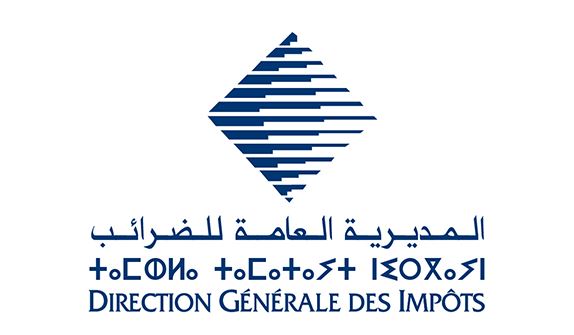
Morocco’s tax administration has launched targeted notification campaigns addressing companies that have failed to submit fiscal declarations or pay taxes for three consecutive fiscal years. These enterprises are classified as inactive regardless of their commercial registry status,facing potential automatic taxation and accumulated debt liabilities.
Article 228 of the General Tax Code maintains these companies within the taxpayer registry,subjecting them to automatic taxation for any undeclared transactions. Tax authorities can determine owed amounts using available information,significantly increasing inactive company debt burdens through penalty mechanisms.
Operating under inactive status presents considerable complexity and risk. Invoices issued or received by inactive companies are not tax-deductible,with the Simpl system explicitly indicating inactive status during VAT declarations. This transparency mechanism prevents tax evasion while alerting potential business partners to company status.
“Inactive companies represent high fiscal risk because they’re often used to issue fictitious invoices,” tax consultant Mohamadi El Yacoubi told l’Economiste daily. Despite dormancy,these entities remain under close administrative surveillance due to fraud potential. Maintaining artificial existence can quickly become a trap for partners and managers through sanctions,audits,and credibility loss.
When authorities detect resumed activities or taxable transactions by inactive companies,they can remove entities from inactive registries and trigger automatic taxation procedures under Article 228 bis. Tax expert Mohamed Chorfi outlines the process in a statement to the daily,saying authorities first send letters inviting missing declaration submissions within 30 days. Without response,second notifications specify tax bases and potential sanctions before automatic tax issuance.
Companies must inform tax authorities about activity resumption through official correspondence. Cessation notifications,mandated by Article 150,should ideally be processed within 30 days following receipt,though delivery delays can create notification date disputes. Without timely response,companies are automatically registered as inactive while taxation procedures remain suspended pending regularization.
United News - unews.co.za